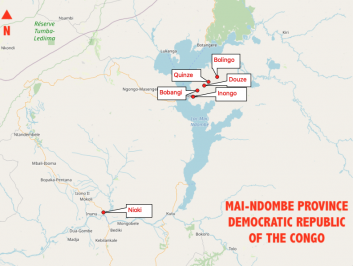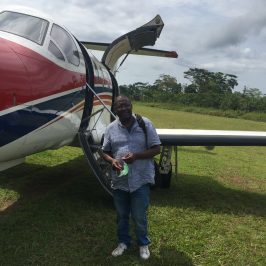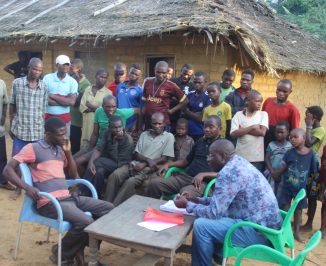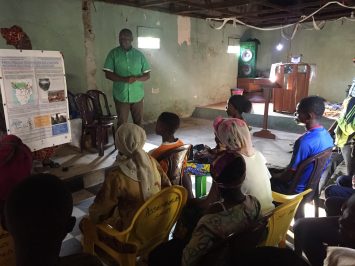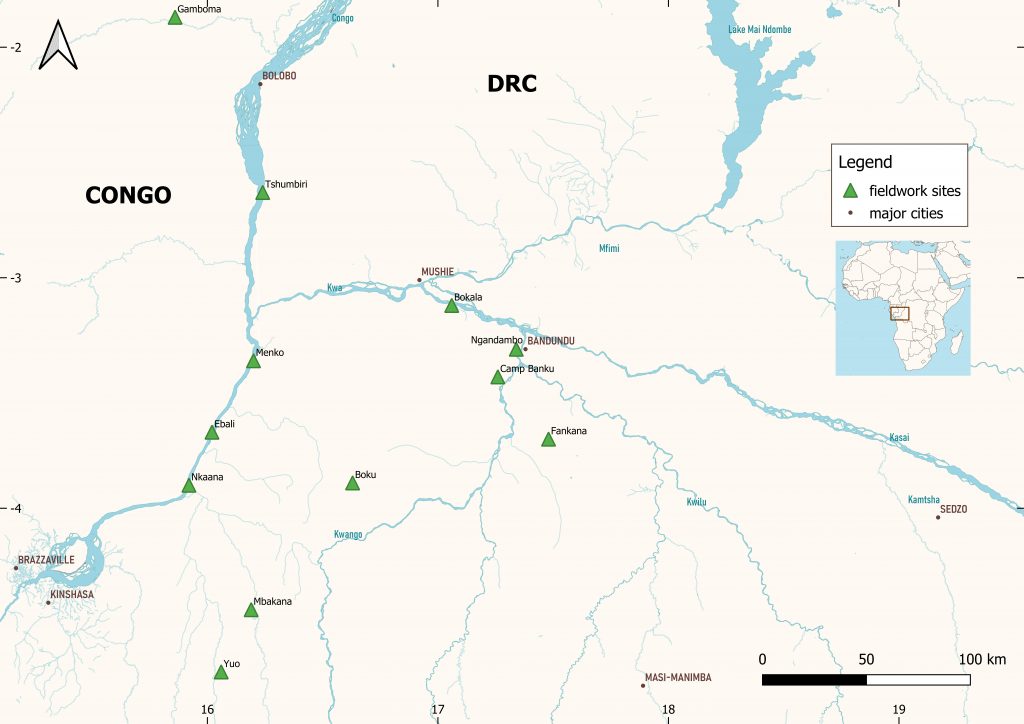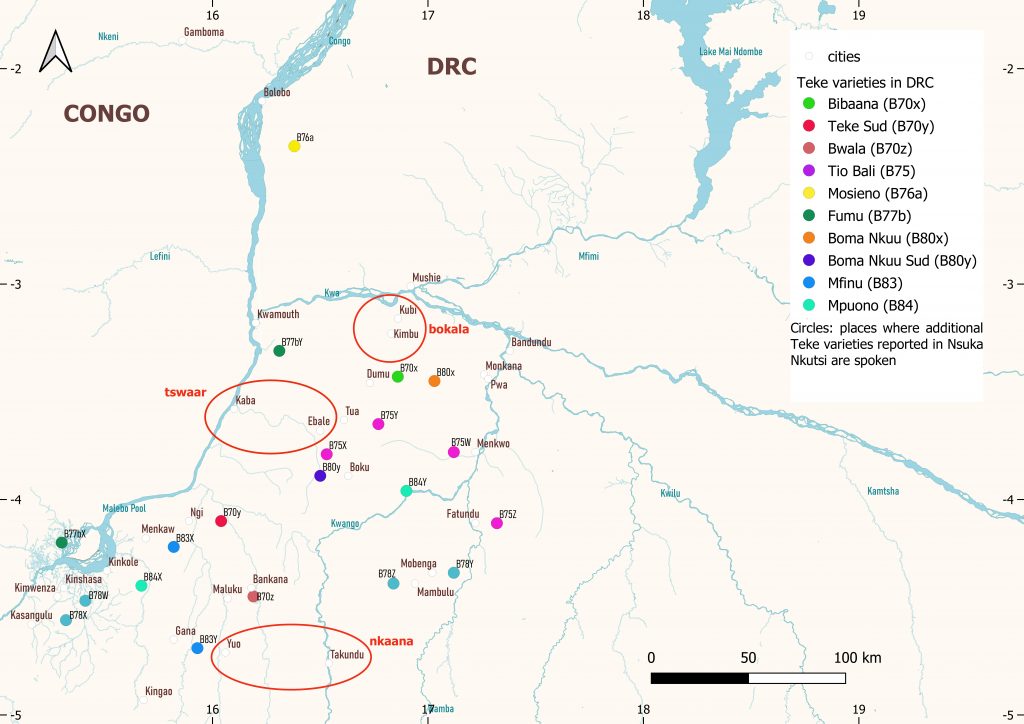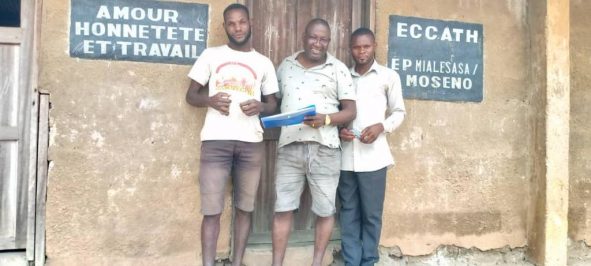 From July 05 to August 14, 2023, Guy Noel Kouarata conducted linguistic and genetic fieldwork in Congo-Brazzaville and Congo-Kinshasa. The objectives of his mission were to:
From July 05 to August 14, 2023, Guy Noel Kouarata conducted linguistic and genetic fieldwork in Congo-Brazzaville and Congo-Kinshasa. The objectives of his mission were to:
- Obtain authorization for linguistic and genetic research in Congo-Brazzaville;
- Gather linguistic data in languages with little or no description, especially Bantu languages spoken by indigenous forager communities;
- Gather extra data for an ongoing comparative study on nasal-consonant clusters in Bantu languages of Guthrie’s zones A, B, C and H;
- Gather genetic data in indigenous Bantu-speaking forager communities for analysis by Carina Schlebusch’s lab at Uppsala University.
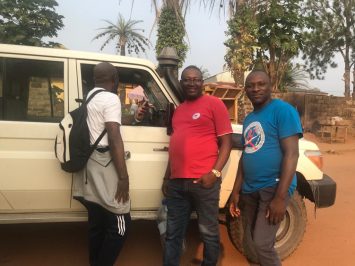
At the end of his mission, Guy managed to collect linguistic data in 25 different language communities: Ibongo from Sibiti, Teke from Zanage, Ibwisi from Loubetsi, Tsayi from Lioueme, Ndasa from Bambama, Mikaya from Peke, Bambenzele from Mokouanzo, Pomo from Kabo, Bomwali from Mabelou, Lino from Kabo, Ngombé (Ligbaka) from Sembe, Itswa from Ngo, Mosien from Moseno, Likouala from Mossaka, Likouba from Loboko, Doondo from Loutete, Bongili from Pikounda, Njem from Souanke, Mboko from Mbomo, Moyi from Makotipoko, Fumu from Kintele, Kukuya from Djambala, Ibali from Mpila, Nzikini from Ossele and Bomitaba from Epena.
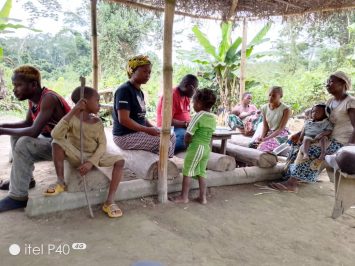
He furthermore obtained 59 saliva samples for genetic analysis amongst the Mikaya, Ngombé, Babongo, Atswa and Bambenzele communities.
Negotiations with the Ministry of Higher Education and Scientific Research fruitfully resulted in a one-year authorization for linguistic and genetic research in the Republic of Congo (Congo-Brazzaville).
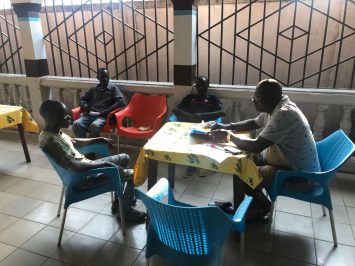
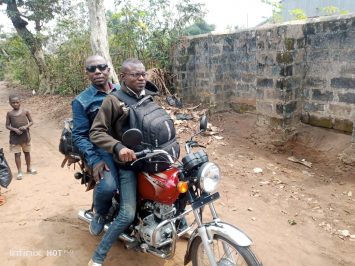
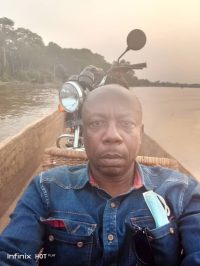
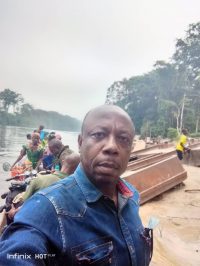
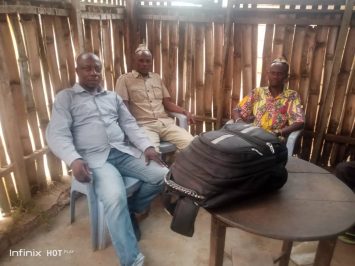




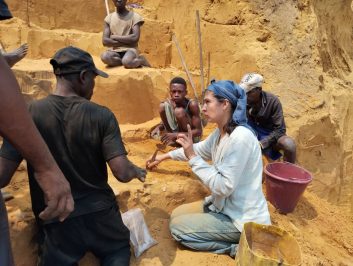
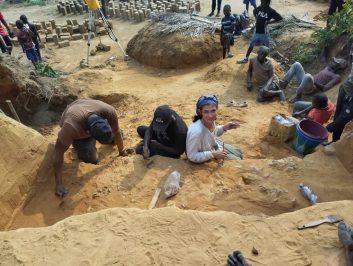
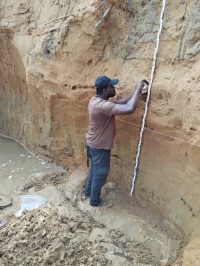
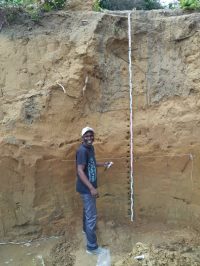
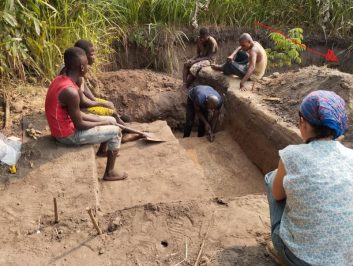
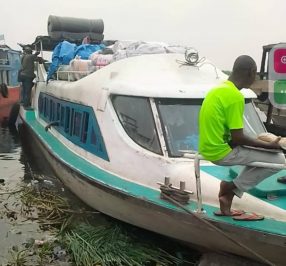
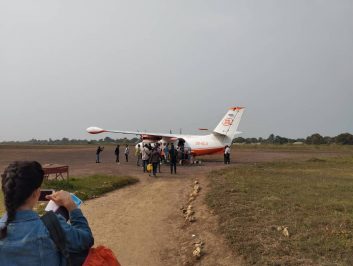
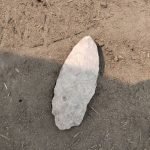
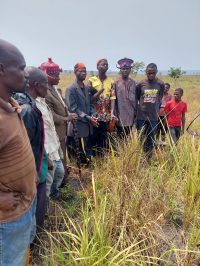
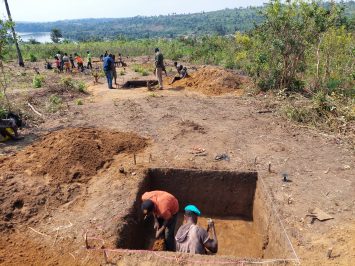
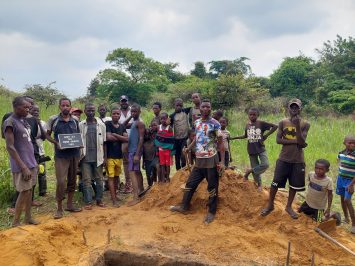
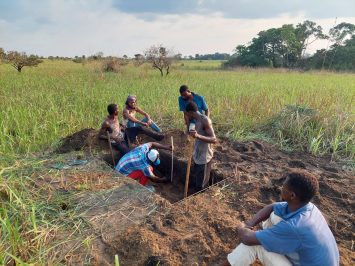
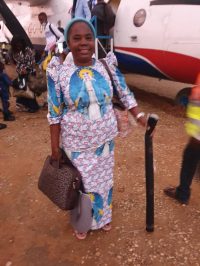
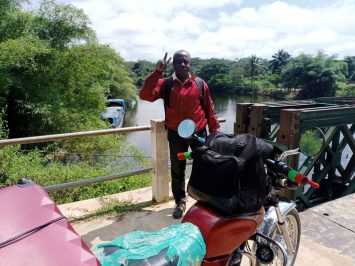
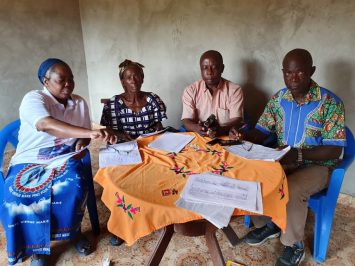
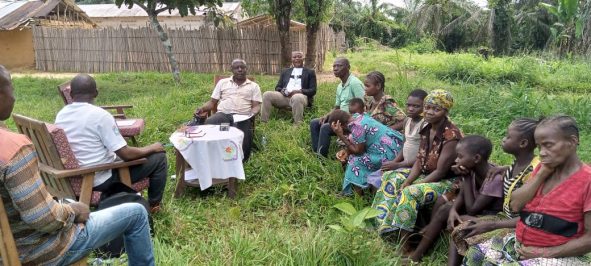
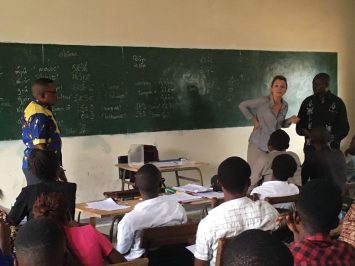
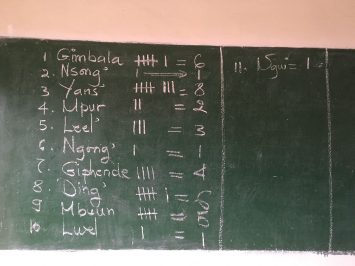
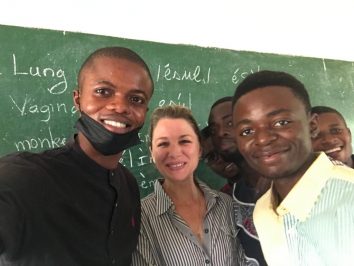
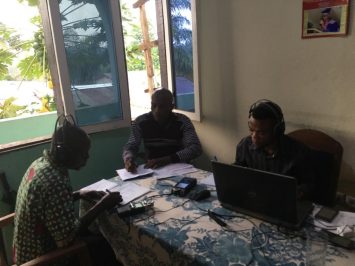
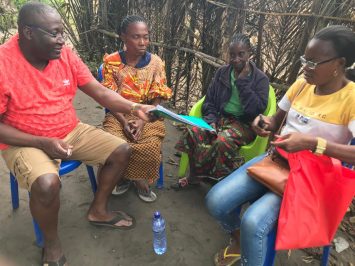
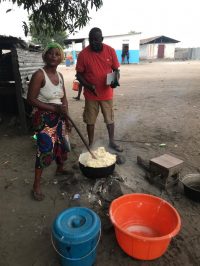
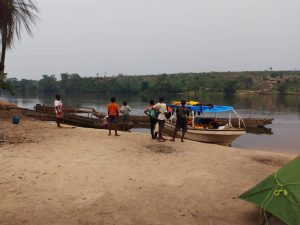
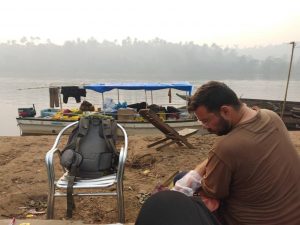
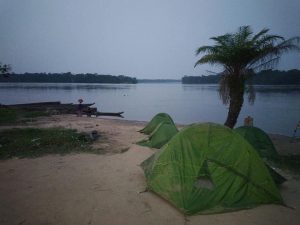
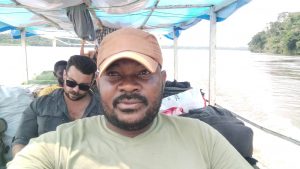
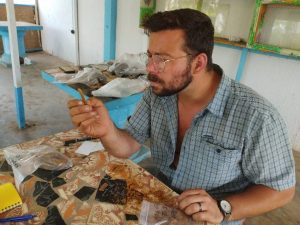
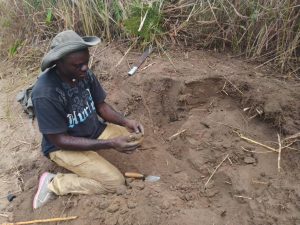
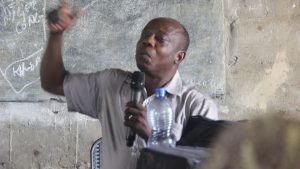 Congolese gestures in Inongo
Congolese gestures in Inongo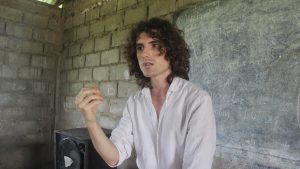 Italian gestures in Inongo
Italian gestures in Inongo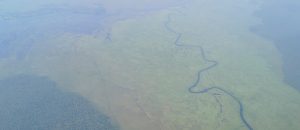 The Province of Mai-Ndombe from above
The Province of Mai-Ndombe from above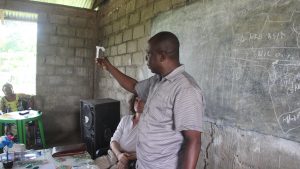 Explaining genetic research at ISP Inongo
Explaining genetic research at ISP Inongo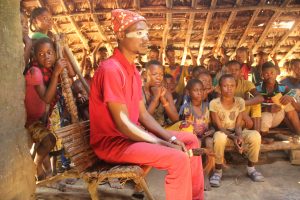 Community gathering in Bolingo
Community gathering in Bolingo